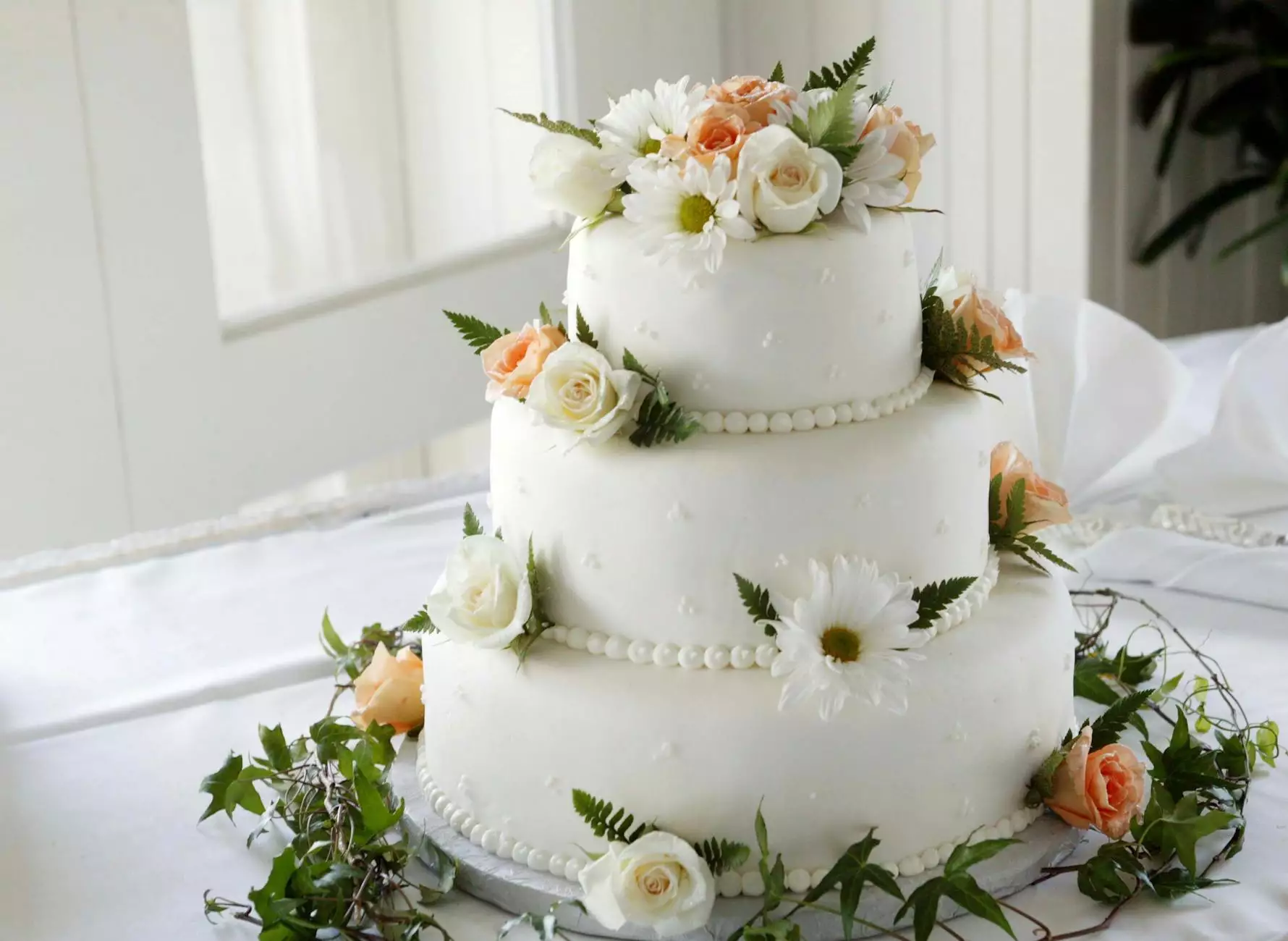The Ultimate Guide to Wedding Planning: Mastering Your Special Day

Wedding planning is an exciting journey filled with love and anticipation, but it can also be overwhelming without the right strategies and organization. This article aims to provide you with an in-depth look at the wedding planning process, ensuring you have all the tools at your disposal to create a memorable and personalized celebration.
Understanding the Importance of Effective Wedding Planning
Planning a wedding is more than just setting a date and booking a venue. It's about creating a day that reflects your style, personality, and love story. Effective wedding planning ensures that your celebration is smooth and enjoyable, allowing you to focus on what truly matters—celebrating your love with family and friends.
Key Elements of Successful Wedding Planning
- Setting a Budget: Your budget should guide every decision you make during the planning process.
- Choosing a Date: Consider seasonal factors, venue availability, and any significant dates.
- Creating a Guest List: Your guest list will impact venue size, catering costs, and overall atmosphere.
- Selecting a Venue: Choose a location that aligns with your vision and accommodates your guest list.
- Hiring Vendors: Research and book reliable vendors who align with your aesthetic and budget.
- Planning the Timeline: A detailed timeline ensures a smooth flow of events on your special day.
Budgeting: Finding the Right Balance for Your Dream Wedding
Your wedding budget is your roadmap. It helps you prioritize what’s important and could save you from financial stress later on. Here’s how to structure your budget:
Steps to Create a Comprehensive Wedding Budget
- Estimate Total Costs: Gather average costs for each category.
- Divide Your Budget: Allocate percentages to essential elements such as venue, catering, attire, and entertainment.
- Include Additional Expenses: Don’t forget about taxes, tips, and unexpected costs.
- Track Your Spending: Use a spreadsheet or budgeting app to keep tabs on expenditures.
Choosing the Perfect Wedding Date
Choosing a date is one of the first steps you'll take in your wedding planning journey. The right date can affect your venue choices and vendor availability.
Factors to Consider When Selecting Your Wedding Date
- Season: Decide if you prefer a winter wonderland or a summer bash.
- Holidays: Consider important holidays that may impact guest availability.
- Your Availability: Ensure the chosen date works for you and your key guests.
- Venue Availability: Your ideal venue may have limited availability during peak season.
Creating a Memorable Guest List
Your guest list sets the tone for your wedding. It’s essential to balance intimacy with inclusion.
Steps to Develop Your Guest List
- Start with Family: Include immediate family and close relatives.
- Draft an Initial List: Create an “A” list and “B” list based on priority.
- Consider Venue Capacity: Ensure that your venue can accommodate your guest list.
- Send Save-the-Dates: Once your list is set, notify guests well in advance.
Selecting Your Dream Venue
Your venue plays a pivotal role in setting the atmosphere for your big day. The right venue will also complement your wedding theme.
Types of Wedding Venues to Consider
- Outdoor Gardens: Perfect for nature lovers and those wanting a romantic backdrop.
- Banquet Halls: Ideal for traditional weddings with a large guest list.
- Destination Venues: Create a unique experience for you and your guests in a beautiful location.
- Vineyards and Wineries: An enchanting setting that provides natural beauty and wine.
Hiring the Right Vendors
Vendors can make or break your wedding experience. From caterers to florists to photographers, their role is essential.
Key Tips for Choosing Your Wedding Vendors
- Research Thoroughly: Look for reviews, portfolios, and recommendations.
- Interview Multiple Options: Don’t settle; interview at least 3 vendors for each service.
- Understand Contracts: Read the fine print and make sure you clarify all details before signing.
- Trust Your Instincts: Choose vendors you feel comfortable with and who understand your vision.
Creating the Perfect Wedding Timeline
A well-structured wedding timeline is crucial for a seamless event. It allows everyone involved to know their roles and responsibilities.
Components of an Effective Wedding Timeline
- Pre-Wedding Schedule: Plan out hair, makeup, and other preparations.
- Ceremony Timing: Ensure your venue and officiant are aware of the schedule.
- Reception Flow: Outline the sequence of events like speeches, toasts, and dancing.
- Post-Wedding Details: Include plans for the venue clean-up and transportation.
Final Touches: Personalizing Your Wedding
Adding personal elements can make your wedding truly unique. From décor to music choices, personal touches enhance the guest experience.
Ideas for Personalization
- Custom Vows: Writing your vows adds a deeply personal touch to the ceremony.
- Unique Favors: Offer guests personalized tokens of appreciation.
- Themed Decor: Use decorations that reflect your interests and relationship.
- Memorable Music: Curate a playlist that tells your love story.
In Conclusion: The Power of Planning
Wedding planning is a journey filled with joy and creativity. By following careful steps and being organized, you can ensure your wedding day is as wonderful as you envisioned it. For further assistance, consider exploring resources such as https://www.karlacasillas.com/, which may offer additional insights and services tailored to refine your wedding planning experience.
Remember, the ultimate goal of wedding planning is to celebrate love and commitment. Enjoy every moment of the process, and create a celebration that reflects your unique story.
For more inspiring wedding planning tips and expert assistance, don’t hesitate to visit https://www.karlacasillas.com/.









